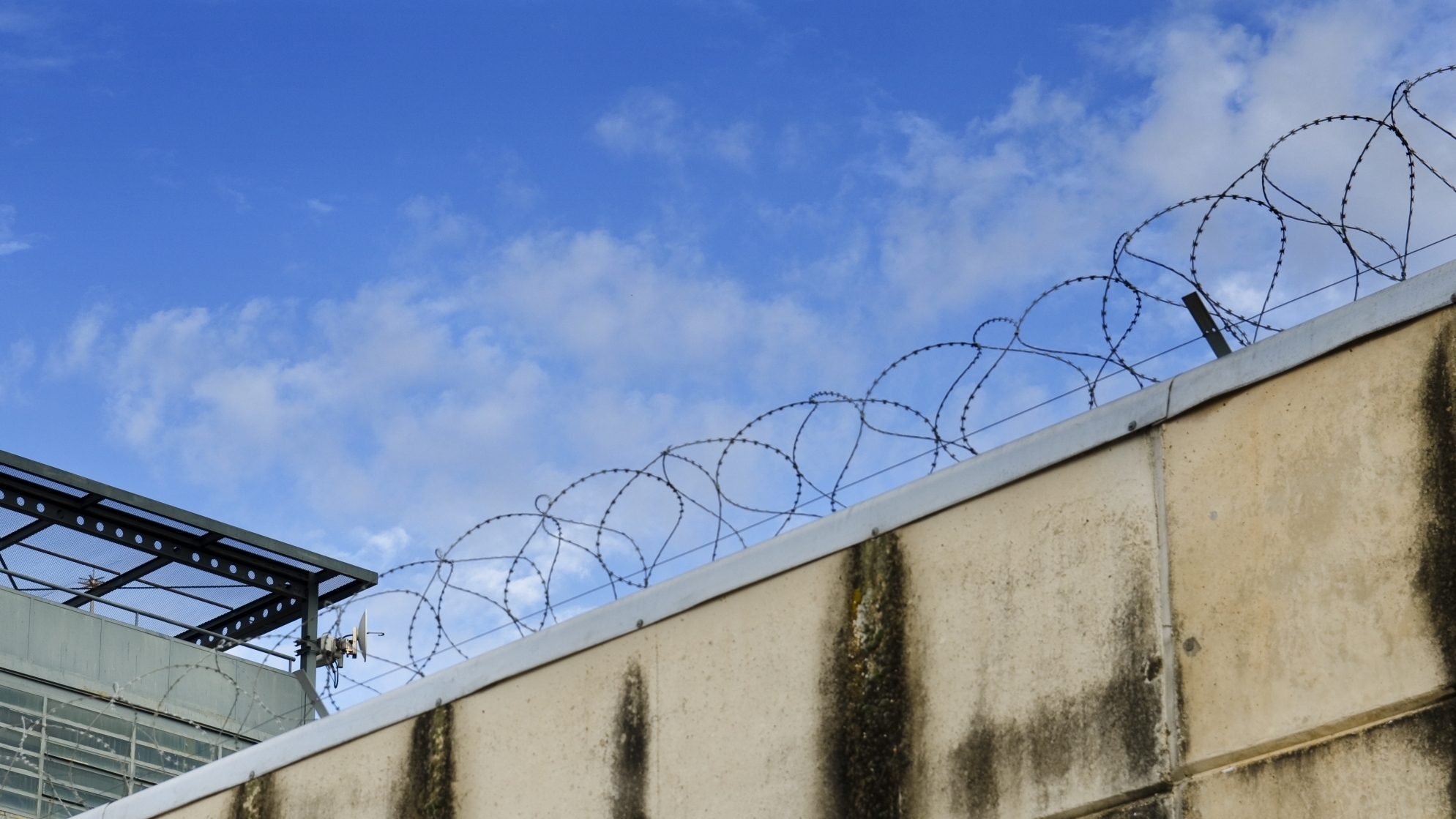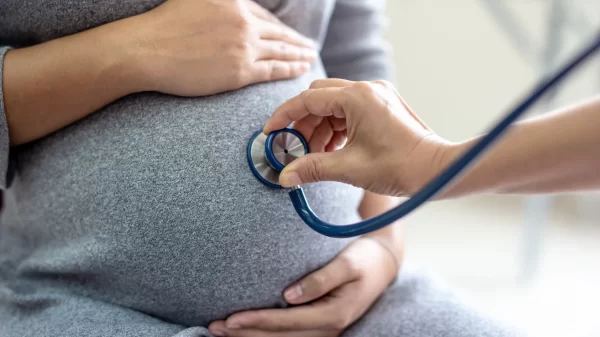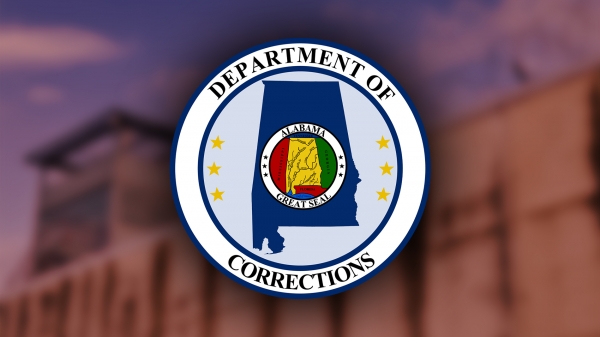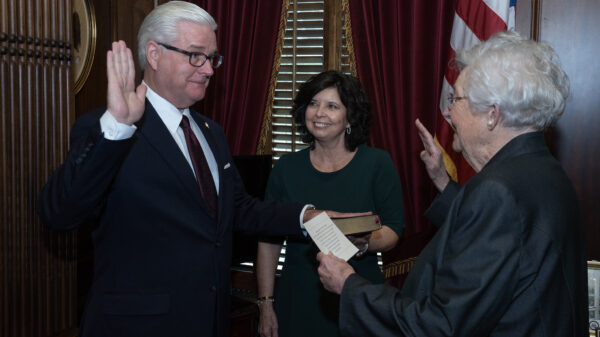The deadline for two private prison companies to produce a viable financing plan to build three new prisons came and went without either company closing with the Alabama Department of Corrections on the prison contracts as was required under the contract. The deadline was June 1.
Neither consortium has been able to find financing for the project. On Wednesday, Gov. Kay Ivey announced plans to meet with Speaker of the House Mac McCutcheon, R-Monrovia; Senate Pro Tem Greg Reed, R-Jasper; and other legislative leaders later this week to discuss options for moving forward on prison construction.
The Department of Corrections and two private entities were supposed to close on the construction of three new men’s facilities on June 1, under a contract signed earlier this year. The state would lease the new facilities from the companies.
Ivey said that she would discuss the situation with House and Senate leaders and “explore additional/alternative options to fund the construction and maintenance of new prison facilities.”
“Alabama will not back down from this challenge, nor will we fail,” Ivey said. “Anyone who is serious about these issues understands that replacing our failing prison infrastructure with safer, more secure facilities that accommodate the rehabilitation of incarcerated people is essential. It is not a question of if this will happen, but how.”
McCutcheon has said that members of the Alabama House of Representatives have been working on a “Plan B” that would involve a state bond issue to build new prisons.
McCutcheon said that the legislators are looking at land that the state already owns to locate the new prisons on. The private lease-build deal purchased new sites as the private consortiums would have remained the owners of the land and the prisons under the Ivey plan, even when the leases run out sometime in the 2050s.
Reed told reporters: “The Senate stands ready to assist the Governor if asked.”
Regions Bank was providing the financing for the two prisons that CoreCivic was supposed to build, but they withdrew in the face of public pressure. All three of the underwriters — Barclays, KeyBank and Stifel Bank in Cleveland — all also walked away from the controversial prison plan.
State Auditor Jim Zeigler has been a vocal critic of the governor’s plan to lease the three new privately-owned prisons.
Zeigler said in a statement: “The prison lease plan is dead, as it should be.”
“It appears investors will not sign on, and the plan will die a natural death Tuesday. We believe that investors see the fatal flaws in this plan and will not touch it with a 10-foot pole,” Zeigler said. “The Ivey plan would contract with three consortiums of private businesses, two led by CoreCivic of Nashville. The contractors would pay to build three super-prisons in Bibb, Elmore and Escambia Counties of Alabama. Two of the contracts were signed Feb. 1 with the one in Bibb County pending.”
“The Ivey plan would force Alabama taxpayers to pay rents starting at $94 million a year and going up to $106 million,” Zeigler said. “At the end of 30 years, the state would own equity in the prisons of zero. No equity. This is a bad business plan.”
“The Ivey plan does not address the problems in the prison system – safety of staff and other inmates; overcrowding; mental health; suicide; recidivism; and inadequate job training,” Zeigler said. “The plan merely throws over $3.6 billion of taxpayer money into rented buildings.”
Any plan that involves a public bond issue will require approval from the Alabama Legislature. If Ivey is unable to save her private prison lease build plan this week, then it is expected that at some point this summer, she will call the Legislature back into a special session.
The governor could also further extend the deadline on the lease build option if the private prison consortiums and ADOC Commissioner Jeff Dunn produce an agreement showing that the project remains a viable option.
This story was updated on June 5 to include this clarification from Regions Bank’s Jeremy King who stated, “Regions was never providing financing specifically for the prisons to be built by CoreCivic in Alabama. Rather, we were asked about a separate credit agreement between Regions and CoreCivic that predated the Alabama Prison Plan. We confirmed in January we would not extend additional credit as part of that agreement. But, again, that agreement predated the Alabama Prison Plan and was not arranged to finance the Alabama prisons.”





















































